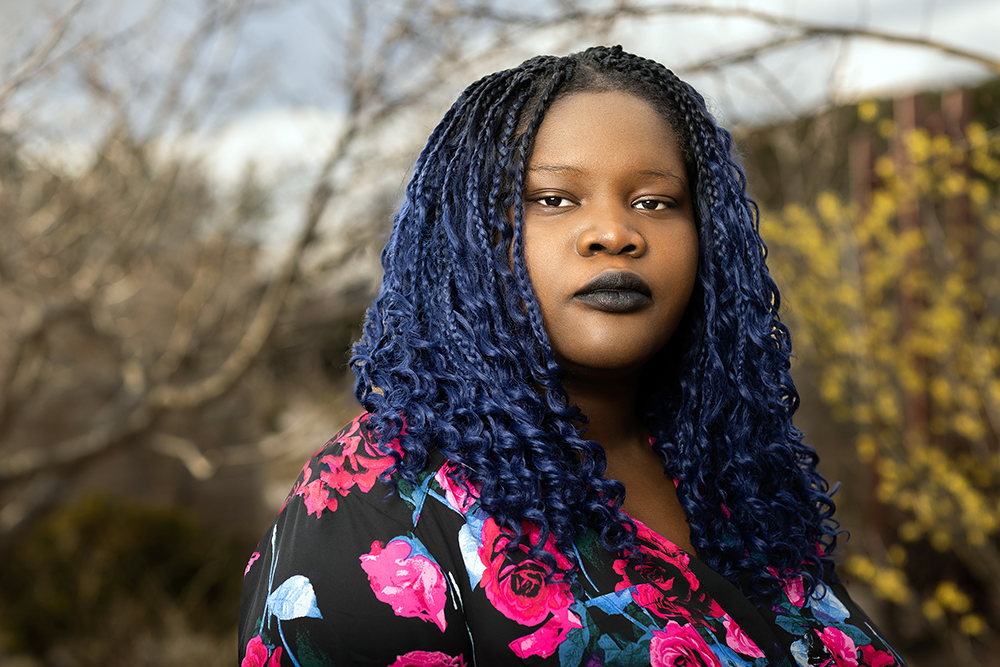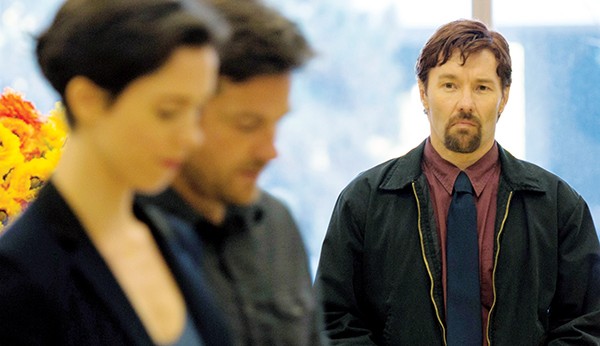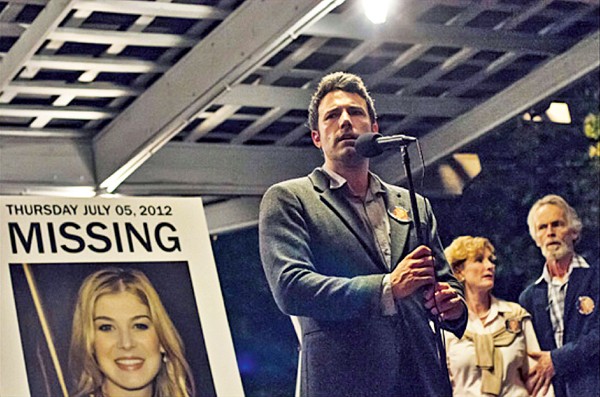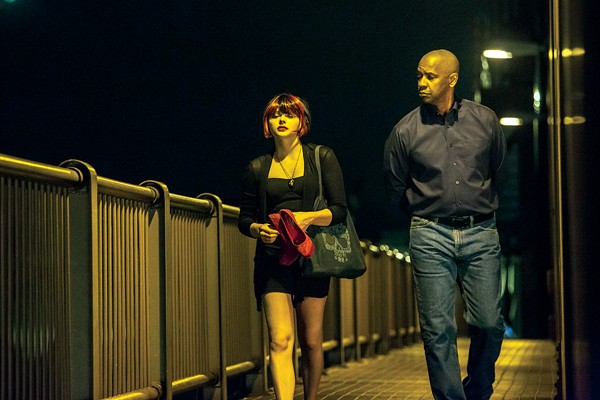Sara Koffi began her novel in the summer of 2020. It wasn’t a pandemic project, born out of boredom, but rather seeded from the racial reckoning that stemmed from the police killings of George Floyd and Breonna Taylor.
“It was a concern about if these people and their families will actually achieve justice. A stress that these cases weren’t going to have a resolution that matched the justice needed,” she says. “And I kind of took the seed of that paranoia and put it toward the book essentially — that was like the seed of the beginning of While We Were Burning.”
The novel, Koffi says, is “first and foremost fun — fun is not the right word — but it is a fun, fast-paced, twisty read. And then secondly it’s exploring important themes.”
For her debut novel, Koffi puts two women’s stories into counterpoint: Elizabeth, a woman on a downward spiral as she questions the mysterious circumstances surrounding her friend’s death, and Briana, who is hired as Elizabeth’s personal assistant to help her pick up the pieces.

But Briana has questions of her own. The Memphis police have killed her son, and now she’s on the search for who called the cops on her child on that fateful day that took him away.
Together the women rush towards finding their answers as their relationship blurs the line between employer and friend, predator and prey.
“The thriller genre is very good about exploring justice outside of the usual justice system,” Koffi says. “So I thought for a story like this, it’d be fitting.”
The story begins in Elizabeth’s first-person perspective, which switches with Briana’s third-person narrative throughout the novel. “I often joke that Elizabeth thinks she’s the main character. She’s like, ‘This is my story.’ And then Briana, who arguably is actually the main character, does not center herself the same way.”
Even so, the prologue depicts Elizabeth lamenting her crumbling marriage. “She doesn’t know what book she’s in,” Koffi says. “She cannot conceive of Briana entering into her life. You know, this woman’s very concerned, kind of a borderline obsessed with her husband, like a domestic thriller trope. And then you keep reading. You’re like, ‘Oh, I think that’s a different book. That’s not what’s actually going to happen.’
“That was the first thing I wrote,” Koffi adds of the prologue, “and it has not changed from editing, drafting, to now. That has remained the same, untouched. … Once I got a good grasp of [Elizabeth], it’s like the story started to unfold.”
And, always, Koffi knew, this story was going to unfold in Memphis, the city where she grew up. “I also know about the city’s history, its involvement in the NAACP and Civil Rights Movement as well. And I thought it was interesting because the city also has a history of seeking justice on its own, so that was an interesting parallel to what’s happening in the story.
“For me personally,” Koffi says, “to have a book set in Memphis be the first book I put out, it feels like a major responsibility. But it’s a good one because I’m gonna have a lot of readers who have not been to the city and this book is gonna be their gateway to what the city is like without actually having visited there. I’m hoping — outside of the thriller background — that I capture the city. This is a good city. [Elizabeth and Briana are] having some drama, but the city itself is fine.”
But Koffi doesn’t just want to promote Memphis. She wants to create “a thoughtful moment for the reader as well. For me, I want that moment to kind of be a reflection on, like, are there are other things that I’m doing without thinking about it? That might be affecting other people? Do I have my own blinders on when it comes to certain things in my life, and may that be affecting other things?”



